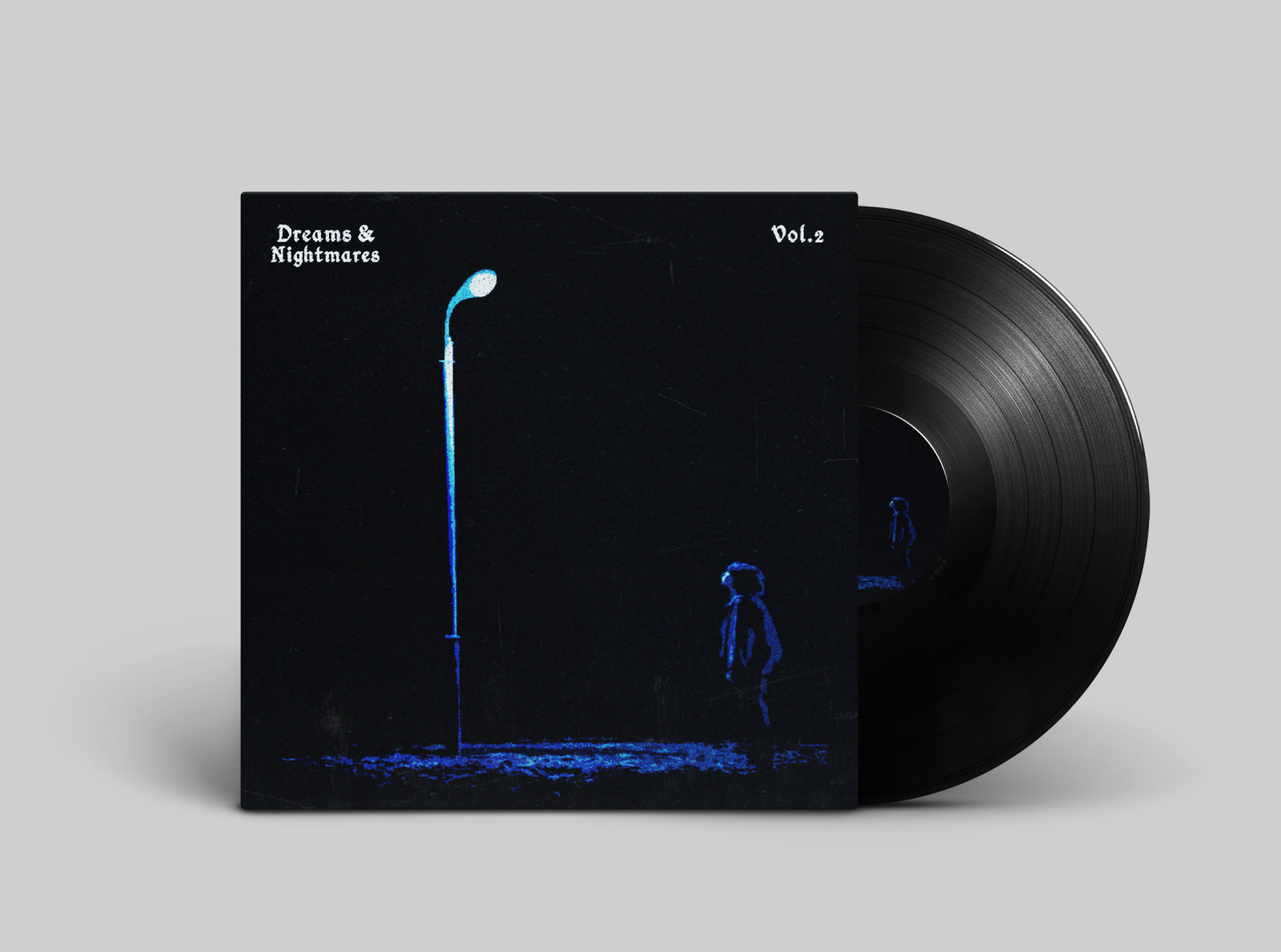

The over-80 adults who had a regular occurrence of nightmares were twice as likely to be diagnosed with dementia. Researchers found that middle-aged adults who had at least two nightmares per week were four times more likely to suffer from “significant” deterioration of brain power compared to those who didn’t have any nightmares. These participants were also asked about their experiences with nightmares. Instead, 2,600 dementia-free adults over the age of 80 were tracked over just five years, with researchers monitoring when and who developed dementia during that time. The second part of the study didn’t include memory tests. A faster cognitive decline can be an indicator for dementia.

The memory tests were used to see the deterioration of brain power over time, also known as “cognitive decline” - a natural effect of aging that impairs brain function. Participants had to complete memory tests at both the start and end of the study, as well as share their sleeping patterns and whether or not they had nightmares while dreaming. The first part followed 605 dementia-free adults between the ages of 35 and 54 for a maximum of 13 years. The study, published in eClinicalMedicine, had two parts and was conducted over 13 years. The findings shed light on the mysterious early signs of dementia, researchers have said.Ī University of Birmingham study found that bad dreams and nightmares are apparently a common warning sign of dementia, and can raise red flags in the years - or even decades - before detrimental memory loss starts to occur. Nightmares for kids are a given - but for adults they could be an omen.Īdults in their 40s and 50s who regularly experience nightmares might have real cause for concern.
#Dreams and nightmares video how to#
Why the best dementia treatment might be your favorite musicĭear Abby: My friend has cancer, I don’t know how to talk to her Drinkers may be less likely to develop dementia, shocking study findsĪmerica deserves answers on President Biden’s cognitive function


 0 kommentar(er)
0 kommentar(er)
